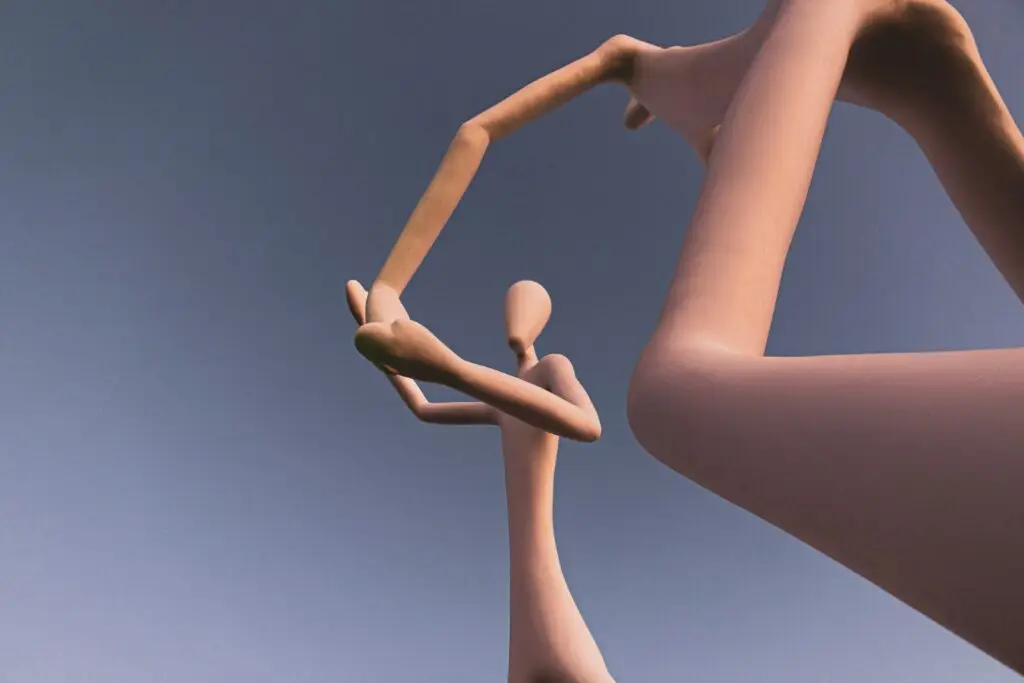The book is short, the prose is lucid, and the topic engaging. And I disagree with almost every word.
Political theorist Patrick J. Deneen argues that liberalism has failed because it has succeeded. However, after having read his book, I am not sure what it is about liberalism that has failed. It seems that its ”failure” is that liberalism is not conservatism.
Liberalism builds on an institutionalized moral individualism that protects and liberates people from cultural and historical necessities. In my opinion, liberalism is one of the greatest collective achievements of mankind.
As a conservative, Deneen instead wants politics to protect and preserve culture and tradition. He seeks a world in which people remain constrained to their geographical birthplaces and to the social contexts in which they are born. That is true pluralism, Deneen argues.
As Deirdre McCloskey writes in her review, Why Liberalism Failed ”is directed at people who already agree with [the author].” But, McCloskey focuses on Deneen’s economic arguments, and barely mentions his illiberal system of values.
For instance, in contrast to the liberal theory of legitimacy building from individual consent, Deneen argues that ”culture itself is a deeper form of consent” which is ”passed along as a gift to future generations” (p. 190). He writes enthusiastically about a conception of liberty that is ”consistent with authority,” an authority that ”seeks to order society so that citizens are encouraged to make only those decisions and undertake actions that are oriented toward the ’just and good’” (p. 175).
Of course liberalism has failed if ”success” is understood as authoritarian collectivism.
In terms of academic stringency, Why Liberalism Failed is sometimes too speculative. Many claims and predictions lack sufficient empirical and theoretical support. Personally, I can live with that; I tend to be sympathetic to broad-stroked ideological writing. But, the book is also normatively inadequate. After almost 200 pages of complaining, Deneen ends up vaguely suggesting something similar to the ideal of deliberative democracy, and not much else. When I had read the concluding chapter I thought, ”is that it?”
Yet, I liked the book. Liberals in particular should read it, as it shows how some of our most important political opponents think. Why Liberalism Failed furthers an understanding not of the ”failure of liberalism,” but of the rise of 21th century conservatism. Study it closely. You may have to face reincarnations of its central tenets in the years to come.
Deneen, P. J. (2018). Why Liberalism Failed. Yale University Press.


